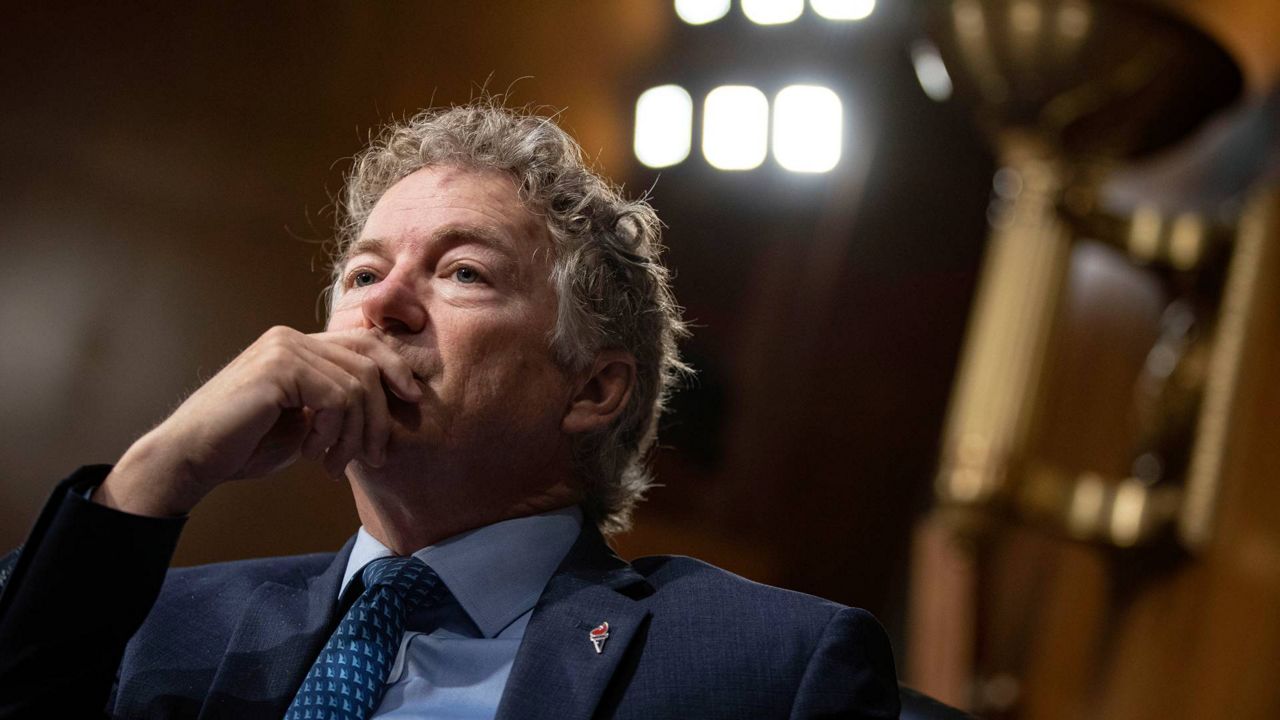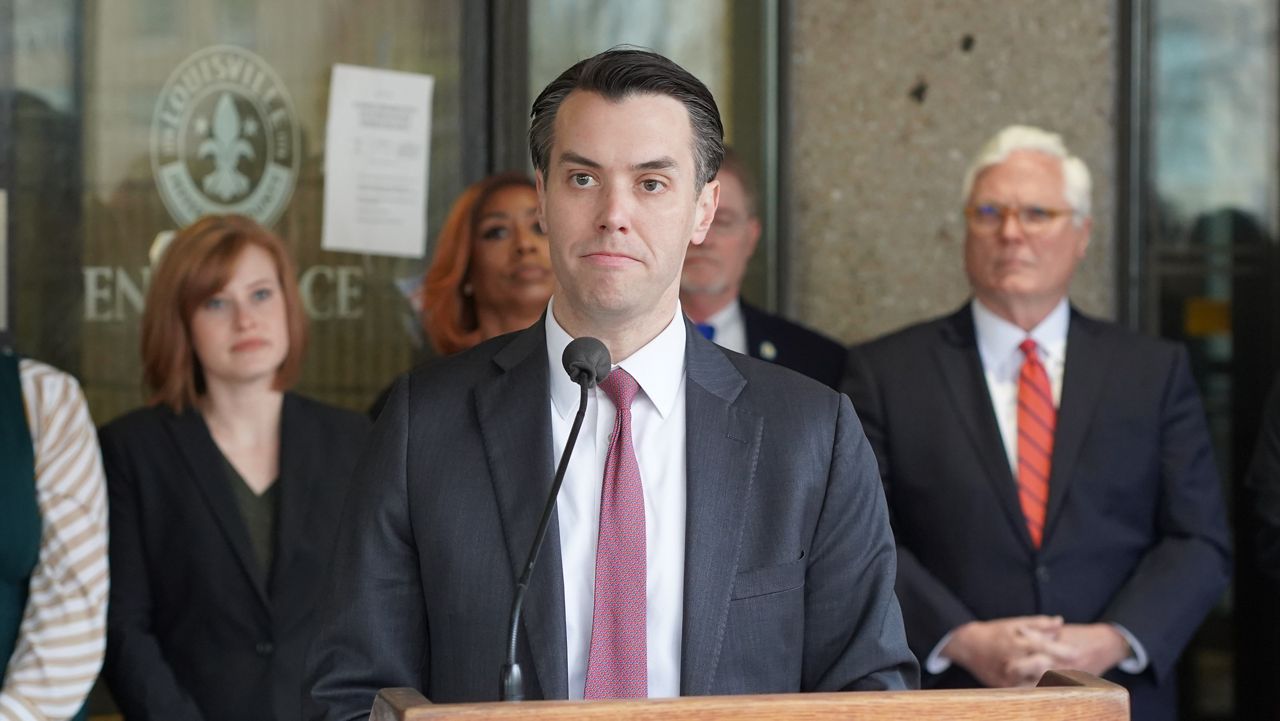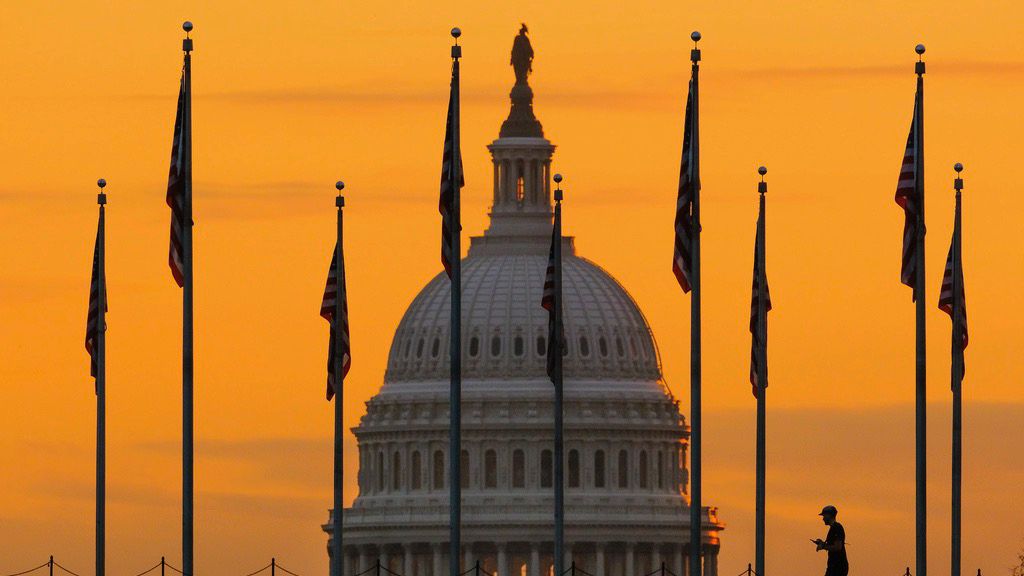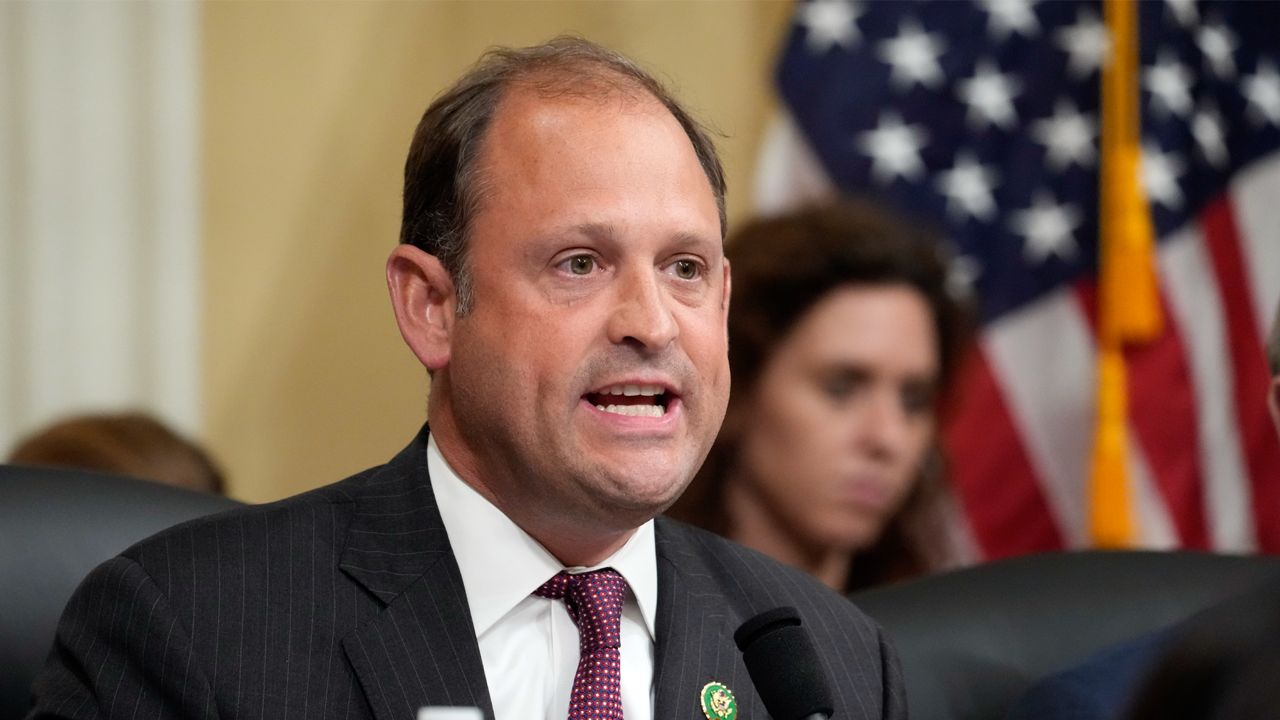Correction: A previous version of this story misspelled Associate Professor Stephen Voss’ name. The error has been corrected. (March 22, 2023)
WASHINGTON — Sen. Rand Paul is the top-ranking Republican on the Homeland Security and Governmental Affairs Committee. The Senate’s primary oversight group. The committee’s responsibilities include studying the efficiency, economy, and effectiveness of all agencies and departments of the federal government.
What You Need To Know
- Sen. Rand Paul, R-Ky., serves as the top ranking Republican on the Homeland Security and Governmental Affairs Committee
- Homeland security is the Senate’s primary oversight committee
- In addition to serving as ranking member of Homeland Security, Paul serves on the Foreign Relations Committee, the Health, Labor and Pensions Committee and the Small Business and Entrepreneurship Committee this term
“Oversight is an important job,” Paul said in an interview with Spectrum News.
Rep. James Comer, R-Ky., serves as the party’s oversight lead in the House of Representatives. Since Republicans gained control of the House in January, Comer gets to set the agenda there. Democrats remain in control in the Senate.
“I’m essentially the ranking member of the equivalent committee on our side,” Paul explained. “In my particular instance, I have to convince Democrats to be interested in any of this because most of the power goes to the majority party.”
Paul’s seat was one of the first races called on Election Night in November and he spoke confidently about the “red wave” of support for Republicans. During his acceptance speech, he detailed what topics he would take on if he became chairman of a committee.
“Sometimes your predictions aren’t right,” Paul said. “In the Senate race we have, you know, three or four states each time that are very, very close and we didn’t win them.”
When it comes to his goals as ranking member, Paul said Republicans will try to put a focus on the handling of the COVID-19 pandemic. Last year, Paul made lots of headlines sparring at committee hearings with Dr. Anthony Fauci, who at the time was the nation’s top infectious disease expert.
“He [Paul] started injecting himself into controversial national issues even while he was running for his first election to take his Senate seat,” said Stephen Voss with the Department of Politics at the University of Kentucky. “He has continued, for the most part, to be that sort of flashpoint, controversial warrior type of member of Congress.”
During a recent Homeland Security Committee meeting, Paul tried to submit an amendment that would punish fire departments that required COVID-19 vaccinations by making them ineligible for federal grants.
Sen. Gary Peters, D-Mich., the chairman of the committee decided to override Paul’s amendment and avoid a vote.
“If this is the way you are going to run the committee, I would suggest Republicans leave,” Paul said to the group. “I don’t see why we should stick around.”
This interaction led Sen. Kyrsten Sinema, I-Ariz., to address both leaders asking them to take a couple of minutes to “lower the temperature.”
“There’s no need for us to turn this committee hearing into a partisan, ugly place like we’ve seen in other committees,” Sinema said.
Paul later walked out of the committee meeting. Peters told reporters he hopes to find “common ground” with Paul in the future which Paul will need in order to get things accomplished while serving in the minority.
Also, at the top of Paul’s list to focus on is reducing what he calls “government waste.” Paul, a libertarian-leaning lawmaker, started holding press conferences with a group of other Republicans who call themselves the Breakfast Club late last term. The group generally feels the party’s leadership in the Senate is not conservative enough when it comes to spending.
“It’s a group that feels like we need to do more about spending and debt. It’s the primary thing that brings us together,” said Paul. “In some of the recent battles, such as the end of the year omnibus spending, one it’s wrong to lump all the spending together in one bill. It’s wrong to put it up against a deadline like Christmas and just force it through.”
Another member of the Breakfast Club is Sen. Rick Scott, R-Fla., Scott challenged Kentucky’s senior senator, Minority Leader Mitch McConnell, in the race for leader at the beginning of the term. In a private vote, McConnell was re-elected by senate Republicans in a 37-10 vote.
“Sometimes being the thorn in the side of your party leaders can result in influence,” explained Voss. “But, it’s a dangerous game. Much of the power in Congress results from you helping people when the need it and then they turn around and reciprocate.”
In addition to serving as ranking member of Homeland Security, Paul serves on the Foreign Relations Committee, the Health, Labor and Pensions Committee and the Small Business and Entrepreneurship Committee this term.









